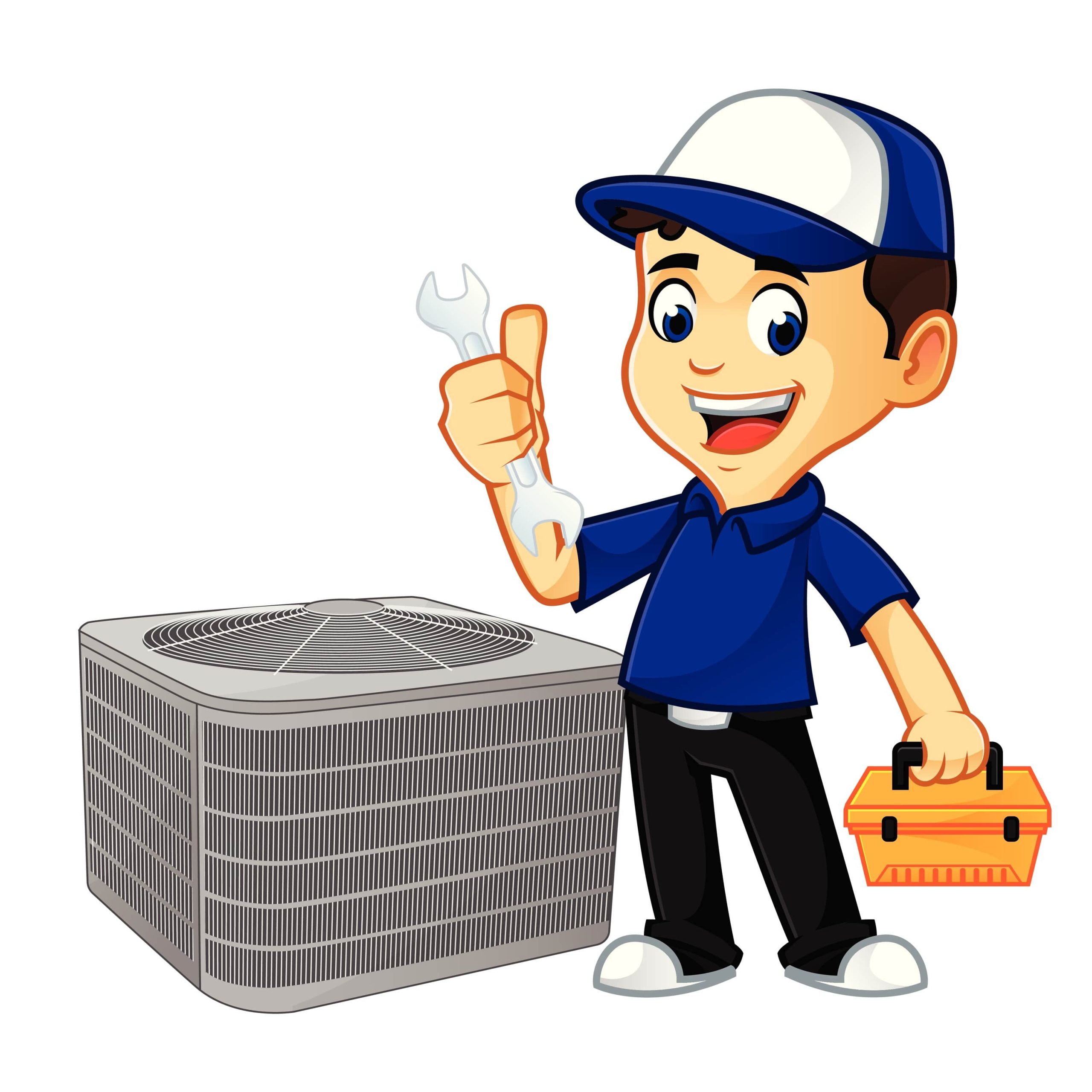
Why Does My Air Conditioner Need Even More Freon?
For your convenience you can listen to the article here:
Two questions we often hear from customers are, “Why does my central air conditioner unit need more freon or refrigerant?” and “When will it need more?” To answer these questions, let’s look at exactly what refrigerant is and how it works in your air conditioning (AC) system.
Freon and Refrigerants
What exactly is freon? Like the word “Kleenex” refers to all tissues, or in the south “Coke” refers to all soft drinks, “freon” refers to all refrigerants* used in air conditioning systems. The refrigerant in your air conditioning system absorbs and removes heat from your indoor air, which is then transferred outside. Cooled air is recirculated back into your home for your enjoyment.
Refrigerant (or freon) is the fluid that flows inside the coils in your equipment. Thanks to a curious physical law, heat is absorbed as the liquid converts into a gas. With the help of your system’s components, the chemical compounds found in refrigerant are forced to condense and evaporate over and over again inside the coil system.
How They are Used
As warm air flows over the evaporator coil, the refrigerant inside the coil absorbs the heat and transforms from a liquid to a gas. While this is happening, an indoor fan is blowing air over the coil, sending cool air into your home. The gaseous refrigerant is then pushed into the compressor, where it is pressurized into a very hot gas and sent into the condenser coil. In order to continue cooling your home, an outdoor fan blows over the condenser coil as it is releasing heat, sending the hot air outside..
What Happens When an Air Conditioning System Is Low on Freon?
If your air conditioning system is low on vital refrigerant, it can’t absorb as much heat from your home. This could lead to an air conditioner that runs nonstop and never correctly cools.
Freon isn’t ever “used up” like automobile gasoline. It’s just circulated around your air conditioning system to cool your air. A leak in the system is the only way a unit could lose freon.
If you believe there may be a leak, it’s best to call a professional technician who is trained to determine if your air conditioner needs more freon. This is one reason a maintenance schedule is a great idea. A small investment in this type of plan can keep your air conditioning system and/or HVAC system healthy throughout the year.
Below are some signs that you may have an issue with your system:
- Your AC runs all day and there’s ice on your refrigerant lines- Walk outside and look at the refrigerant lines. Is ice on them? If so, this indicates a problem with your refrigerant levels.
- A hissing or bubbling noise- Most refrigerant leaks are silent because they’re small. If you notice your air conditioner making a hissing or bubbling noise when it’s running, there is probably a leak.
- High energy bills- If your air conditioner runs nonstop to try to cool your home, you’ll find your monthly bill increasing.
- Air coming out of vents doesn’t feel cool- Without enough refrigerant, your air conditioner won’t be able to absorb as much heat from your home’s air. Supply registers will start blowing hot air even when your AC is on and your thermostat is set to “cool.”
Don’t Forget to Fix the Leak!
A good air conditioning system technician will let you know that you have a leak and offer to fix it. If he or she doesn’t mention this, ask! It’s important not to simply “top off” the refrigerant. If your air conditioner is low on refrigerant, you can be sure there is a leak somewhere. Refilling is a poor option because the problem needs to be corrected and repaired to prevent future expenses.
Fixing a leak the right way will keep your system from prematurely breaking down. This process involves:
- Removing all the refrigerant from the system (called evacuating the system)
- Finding and fixing the leak
- Testing the fix
- Refilling your air conditioner with the right amount of refrigerant
Think you might have a refrigerant leak? Contact your local, trusted HVAC professionals. They have qualified air conditioning system technicians that will find and fix the leak for you, getting your HVAC back in working order. If your air conditioner needs more freon, they can also fill you up.
You may also want to set up a scheduled maintenance plan to have routine air conditioning system and/or HVAC maintenance.
SEE ALSO: Contact Us
* There have been changes to refrigerants due to the ban of R-22, which has been limited by the “Clean Air Act of 1990” and is scheduled for a complete ban by 2020. The “Clean Air Act of 1990” doesn’t require replacement of a functioning R22 refrigerant heat pump or air conditioning system. However, as January 1, 2020 is the ban date, you may need to evaluate your options if your air conditioning or heat pump system fails or requires emergency repairs.


